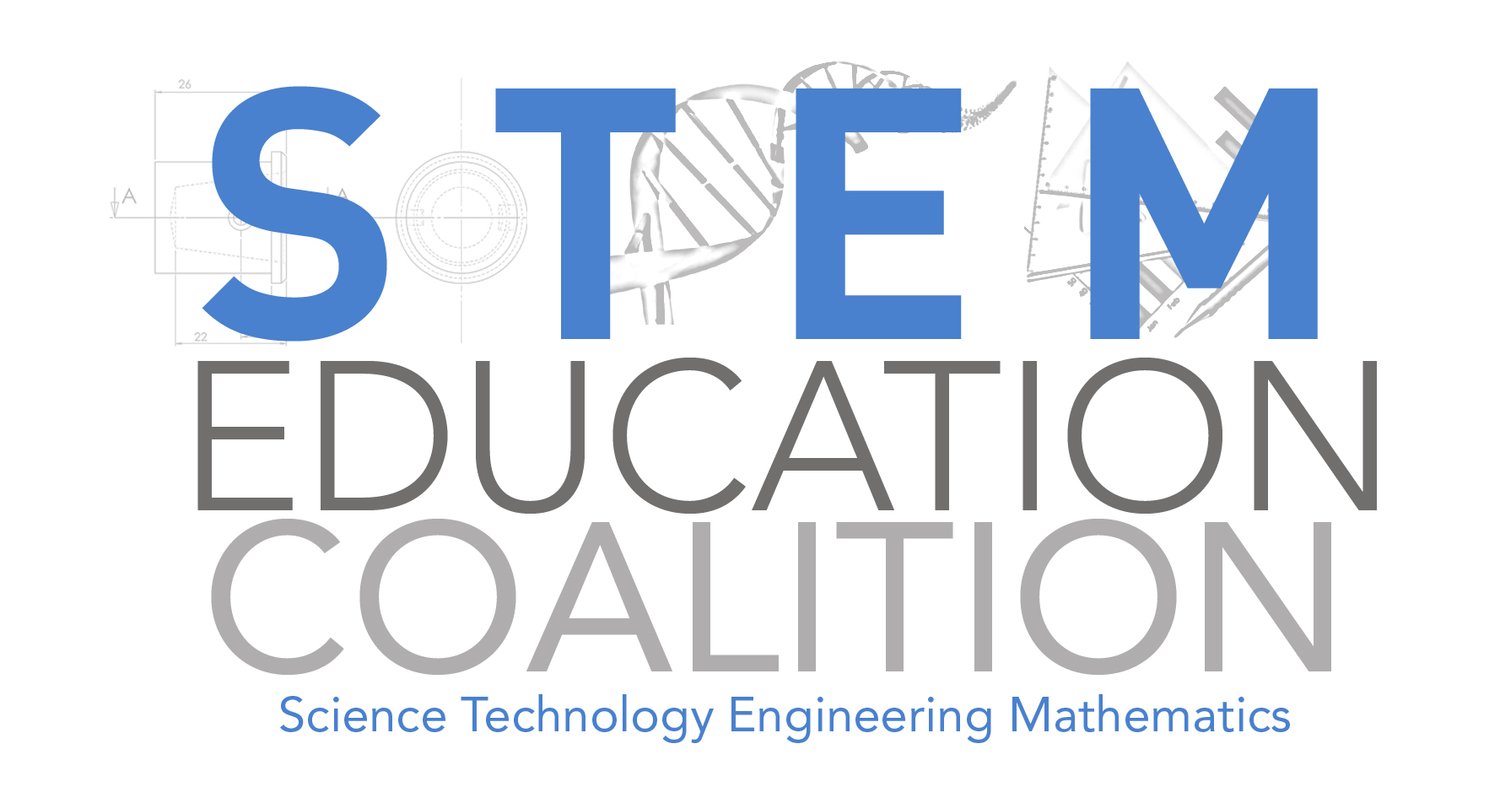Exclusive: Coalition Interviews House STEM Ed Caucus Co-Chair Rep. Richard Hanna
January 29, 2014
Washington, DC– The STEM Education Coalition recently interviewed Rep. Richard Hanna (R-NY), who serves as the Co-Chair of the House STEM Education Caucus, a bipartisan group of more than 100 lawmakers that work together to insure House members are well-educated on STEM education issues. The Coalition has worked closely with Rep. Hanna and his legislative staff of issues related to K-12 accountability issues for science and on funding of key STEM initiatives at the Department of Education and National Science Foundation. This interview is the first in a series where we will try to give STEM advocates a chance to learn more about some of the key newsmakers that will impact STEM education policies in Congress, the Administration, and within the education policy world.
Q: In your view, what are most serious challenges our nation faces as we deal with improving our economy and educating our children for the jobs of the future?
Rep. Hanna: The biggest challenges our nation is currently facing are an increasingly competitive global workforce and a skills gap in our country. The majority of jobs we’ve created over the past few decades have been service jobs, and what we need to create is non-tradable, value-added jobs like engineers, computer programmers, and medical researchers. The resulting short- and long-term gap between STEM job openings and qualified applicants leaves local businesses in high-tech fields unable to adequately innovate, which ends up in this nation losing money and jobs to overseas competition.
Q: This is your second term in Congress and last year you became one of the co-chairs of the House STEM Education Caucus. Why did you take on this new role and what is the Caucus up to this year?
Rep. Hanna: One of the biggest challenges to overcome with respect to the small number of students excelling in STEM fields is awareness. I will use my position as Co-Chair of the STEM Education Caucus to support and enhance current efforts to promote STEM education at the federal level to strengthen the STEM pipeline from early childhood education through higher learning. It is my hope that the Caucus will be able to leverage existing support from the organizations and communities most affected by STEM to host educational, impactful briefings and events throughout the year.
Q: You have also authored the STEM Education Opportunity Act, a bill that would provide tax benefits to students who study in STEM fields? What was the inspiration for this proposal and what’s its current status?
Rep. Hanna: My bill, the STEM Education Opportunity Act, would provide a bold new incentive to encourage students interested in STEM fields, as well as medicine and education in STEM fields, to continue on in higher education, knowing their return on investment will be instrumental to both their personal success and that of our nation. It is no secret that STEM workers make significantly more in wages than their non-STEM counterparts, and these employees are the same ones contributing to scientific and technological advancements while also boosting revenue by way of generally higher incomes and tax payments. This Act will help students, parents, and benefactors finance this vital education while also prioritizing personal responsibility and gainful employment. The bill is currently under consideration by the House Committee on Ways and Means.
Q: Given that Congress is struggling with political gridlock and budget pressures, what’s the outlook for action on major education reforms like the ESEA, the Higher Education Act?
Rep. Hanna: Extreme partisan politics in Washington are unacceptable and unbefitting a great nation. There are many worthy policy proposals to consider to reform national educational policy, and although I’m not on the House Education Committee, I do remain positive that action will be taken this year on such major reforms, in particular the Higher Education Act. Our children are our future, and a focus on their education should remain a top priority for Congress.
Q: Any advice to the members of the STEM Education Coalition, who are working every day to advocates for making STEM education a national priority?
Rep. Hanna: We cannot understate the need to educate our own population and encourage the study of STEM subjects from an early age. Advocates for getting children engaged in these subjects early on create a ripple effect that lasts a lifetime, and as a strong advocate of early childhood education, I encourage the intertwinement of preschool and STEM as a national priority. Over the long-term, we can and must prioritize finding an affordable way to educate American students in the high-tech fields that will dominate the 21st century economy, and support workforce development initiatives to maintain a strong labor pool. Our future is our choice, and with choice always comes opportunity.


